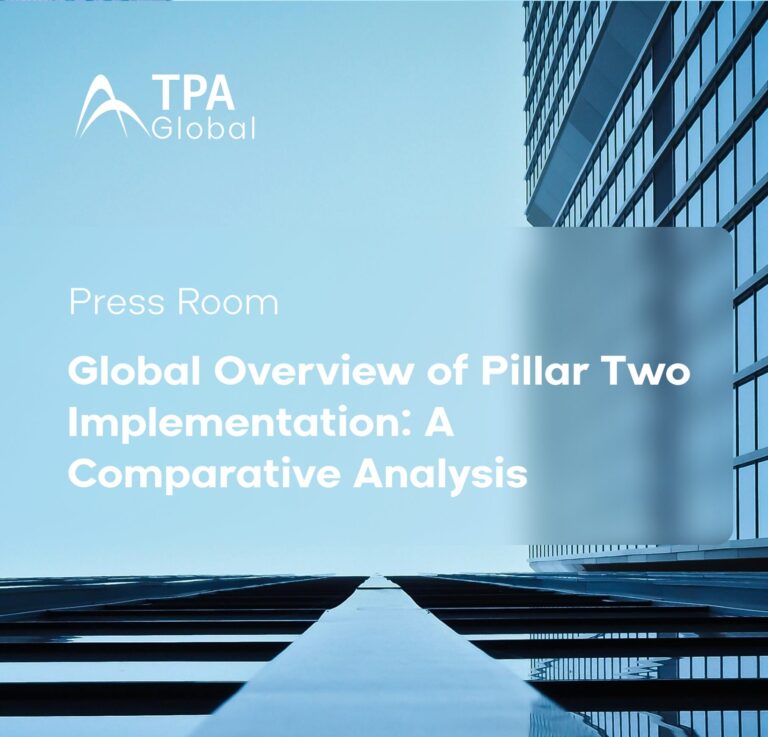In a significant move, the Finnish government is soliciting opinions on the draft Minimum Taxation Act, a pivotal step towards incorporating the EU Directive on global minimum tax into the country’s domestic tax legislation. This strategic alignment underscores Finland’s commitment to international efforts aimed at ensuring fair taxation practices in the global arena.
The proposed draft law closely mirrors the EU Directive, outlining a comprehensive framework to enforce a supplementary domestic tax known as the Qualified Domestic Minimum Top-up Tax (QDMTT). Additionally, it introduces essential elements such as the Income Inclusion Rule (IIR) and the Undertaxed Payments Rule (UTPR). These measures are designed to reinforce fiscal responsibility and curb tax evasion, ultimately fostering a more equitable tax landscape.
One of the pivotal aspects of this legislation is the global minimum tax rate, which stands firmly at 15 percent. This rate is envisioned to establish a global standard, discouraging profit shifting and encouraging responsible corporate tax behavior across borders.
The ambit of the proposed law is poised to affect group entities that are integral parts of multinational conglomerates or large national corporations, provided that these entities have achieved an annual turnover of at least EUR 750 million in two of the last four financial years leading up to the present year. This consideration of qualifying entities ensures that the legislation targets entities with a significant economic footprint while minimizing unnecessary regulatory burdens on smaller businesses.
Importantly, the Minimum Taxation Act is scheduled to come into force on January 1, 2024, with its provisions retroactively applied to the financial year commencing on December 31, 2023. This retroactivity underscores the government’s commitment to swiftly implement the global minimum tax and hold companies accountable for their tax obligations.
For tax professionals, investors, and businesses operating in Finland, this development presents a pivotal moment. The proposed law has the potential to reshape the tax landscape, demanding greater transparency and compliance from entities with substantial financial reach. Tax professionals should prepare to navigate the intricacies of the QDMTT, IIR, and UTPR, as these will play central roles in ensuring tax obligations are met.
On the other hand, investors need to remain vigilant of the evolving tax environment, as changes in tax regulations can have a profound impact on investment decisions and profitability. With the global minimum tax rate set at 15 percent, this legislation might require a reevaluation of corporate tax strategies and structures to optimize returns while adhering to legal requirements.
For companies engaged in tax technology and transfer pricing services, this development signals a potential surge in demand. As entities strive to comply with the new regulations, they will require cutting-edge tax technology solutions to streamline their reporting processes. Transfer pricing services will also be in high demand as companies seek to align their internal pricing structures with the global minimum tax framework.
In conclusion, Finland’s commitment to implementing the EU Directive on global minimum tax through the Minimum Taxation Act underscores the nation’s dedication to fair and responsible tax practices on the international stage. As this legislation takes shape, tax professionals, investors, and businesses must proactively adapt to ensure compliance and seize opportunities in this evolving tax landscape.
To keep updated on news, visit our Global News Page.
Don’t miss our most recent updates and articles; follow us on LinkedIn.



